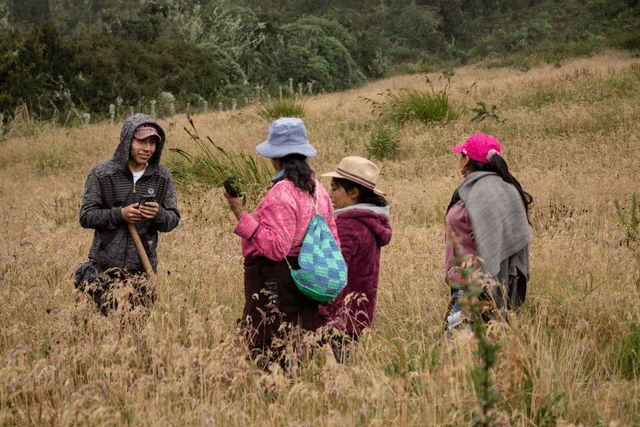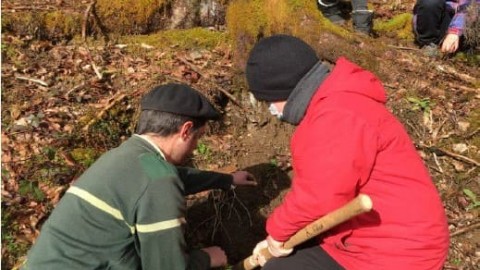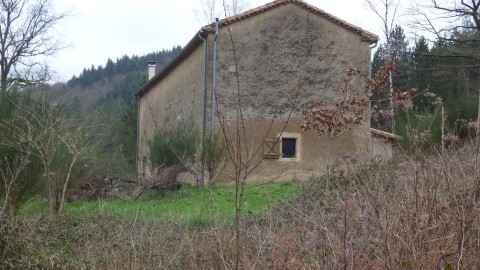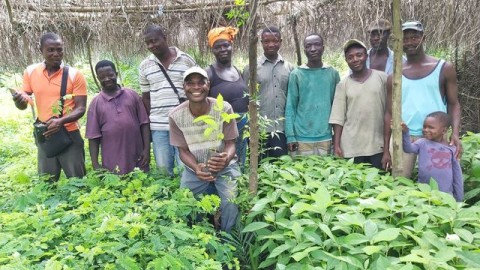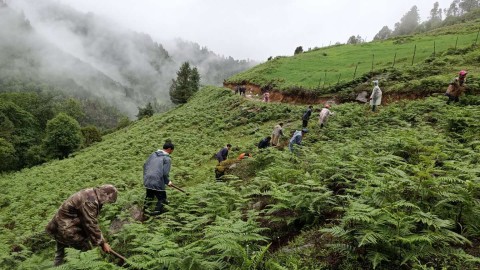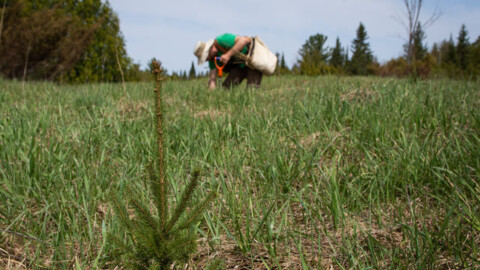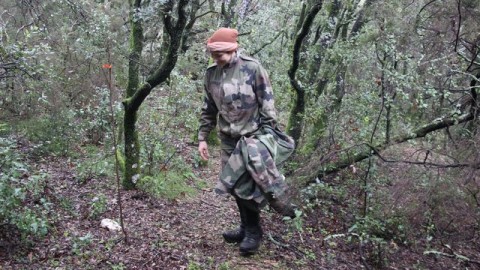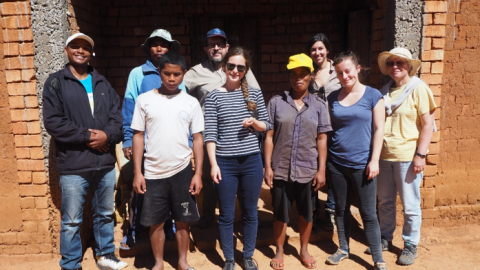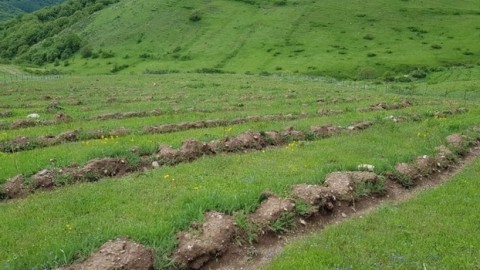
Nariño department of Colombia, February 2024
Economic development and environmental conservation: the project combines both in Colombia’s Andes mountain range
In the south of the Colombian Andes, at an altitude of 3,000m at the foot of the Cumbal volcano, indigenous Pasto associations have started developing innovative green industries for the region. Pasto communities represent 0.4% of Colombia’s population. While they are largely responsible for deforestation out of economic necessity, they are also the guardians of traditions and páramos – unique mountain ecosystems among the richest in biodiversity on the planet and responsible for 70% of the country’s supply of drinking water. This is why they play a crucial role in environmental conservation and are key to the reforestation programme run by the Impulso Verde Kuaspue foundation, A Tree for You‘s local partner.
As well as planting trees, the project aims to create economic sectors to generate extra income for the beneficiaries and make them more resilient.
Community beekeeping, processing medicinal and aromatic plants into cosmetics are among the economic initiatives being developed with several community associations.

1. Beekeeping: a symbiotic link with nature
The indigenous communities of the Colombian Andes have long had an intimate relationship with Mother Earth ‘Madre Tierra’. Beekeeping is emerging as one of the biggest economic activities – not only for its profitability but also its link with the environment. Manantial de Vida (Source of Life), in the village of Potosi, is one of these community associations. Made up of representatives of 10 families, or around 30 people, its members are trained and encouraged to practise traditional beekeeping thanks to material and operational support from Impulso Verde. This work encourages preservation of local species and bees, as well as cultivation of plants without chemical inputs. The result is a high-quality honey of exceptional purity harvested at an altitude of over 2,800 metres.
2. Processing medicinal and aromatic plants: combining ancestral communion with everyday life and innovation

The vast forests of the Colombian Andes are home to incredible botanical diversity: Colombia is the second most biodiverse country in the world after Brazil. The Sinchimaki indigenous association in the village of Cumbal, representing 13 families, has identified the economic potential of these natural resources while seeking to develop them in a sustainable way. Processing wild plants has become a key strategy for both preserving local ecosystems and opening up economic opportunities: making soap and basic hygiene products, as well as cosmetics like calendula, chamomile, laurel, and matico oils and macerates.
With special thanks to A Tree for You for its support and research and development from Impulso Verde, members of the association have developed skills in processing medicinal, aromatic, and craft plants. Training workshops have been set up to pass on this ancestral knowledge to future generations, ensuring these practices will continue. By creating raw or processed products, the associations offer environmentally friendly economic alternatives to destructive commercial practices, while at the same time finding sales outlets at local and regional markets.


3. Enhancing biodiversity and protecting the ecosystem
In addition, the associations developing these activities belong to the network of community nurseries set up, trained and run by Impulso Verde, which A Tree for You also supports. The nurseries in the network produce more than 130 native species, some of which are endangered, and supervise planting by small farmers in the region, town councils and cabildos (indigenous authorities) who wish to reforest their land or introduce silvopasture as an alternative to deforestation and the destruction of páramos, by extending grassland.
The final goal is to restore the balance between páramos and cloud forests, sylvopastor pastures and ‘shagras’, a traditional, indigenous production system that safeguards food sovereignty for local communities. Shagra also has an ancestral spiritual dimension linking mind, body and soul.
4. Social impact and empowering women
These economic activities are delivering a significant social impact. Indigenous communities gain not only financial independence but also respect within the community and even within their homes.
Education plays a central role in this process. These initiatives especially encourage the emancipation of peasant and indigenous women, creating a more egalitarian and balanced society, as demonstrated by the role women play in the Manantial de Vida and Sinchimaki associations.
Conclusion: towards a sustainable future by and for rural communities?
By contributing towards developing peasant and indigenous community associations in the Colombian Andes, the project is paving the way for an economic development model that respects nature and culture. Through nursery work, beekeeping and processing of medicinal plants, a total of 140 women and 200 families are supported in combining tradition and innovation to create additional, sustainable sources of income. Their commitment to environmental preservation and economic empowerment is an inspiring example for other communities. A replicable model in Colombia and around the world, it highlights how economic development can coexist in harmony with nature.


